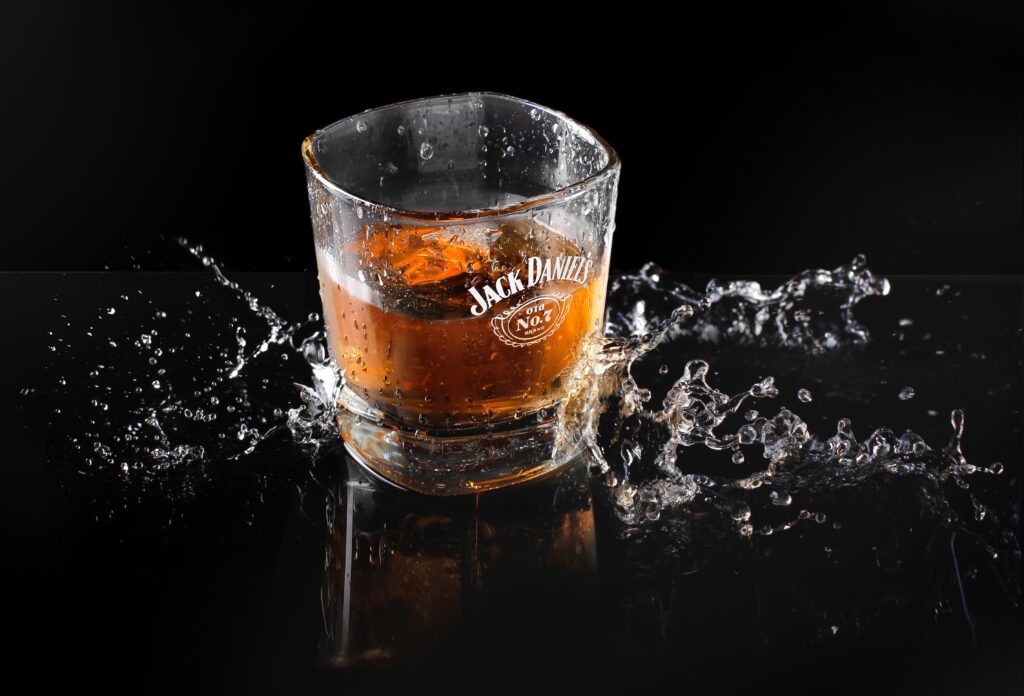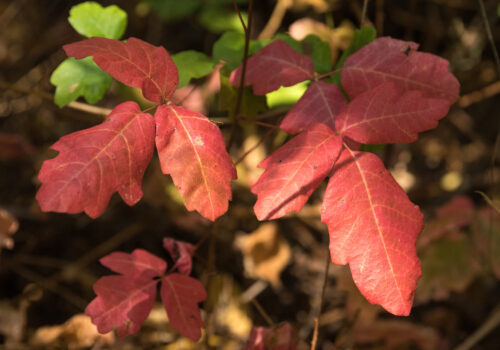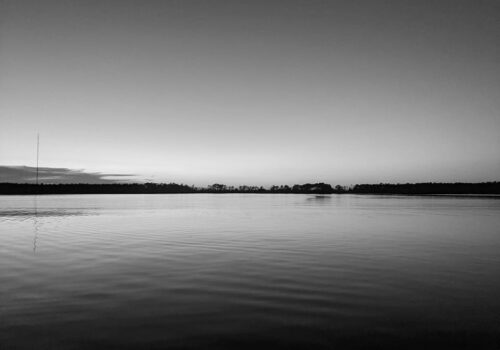What’s the difference in Whiskey & Bourbon?

By Michael Maynor
You have probably heard the saying before, “All bourbon is whiskey, but not all whiskey is bourbon“, but what does that mean exactly? A strict set of government regulations defines what is what and it’s serious! Below are the guidelines that must be met.
What is Whiskey?
Whiskey is distilled from a fermented blend of grains, commonly corn, barley, rye, and the wheat-that blend is what distillers call a mash bill. Depending on what ratio of grains comprises the mash bill is part of how the resulting liquid is either categorized as whiskey or bourbon.
What makes a Whiskey a Bourbon?
- Its made in the United States of America ( Bourbon can be produced outside of Kentucky)
- Produced from a fermented mash of at least 51% corn
- Distilled at no more than 160 proof
- Stored at no more than 125 proof in new, charred oak barrels.
- Aged for a minimum of two years to be considered a straight bourbon
- Free of additives.
These guidelines are the reason that all bourbon is whiskey, but not all whiskey can be called bourbon. You also have Kentucky Straight Bourbon Whiskey think Jim Beam, that must follow the above guidelines, but has to be a product of Kentucky.
So there you have it! An introduction to Whiskey and the difference between whiskey and bourbon
Michael Maynor
I am a proud native of North Carolina with a deep love for the sporting lifestyle and everything Southern. My book collection seems to grow endlessly, and I have a particular fondness for collecting vintage duck decoys. Despite appearing content, my heart longs to return to Africa for another safari adventure. John 3:16


You May Also Like

Questionable Medical Advice
April 3, 2023
The High & The Low: A Guide to Southern Peaks and Valleys
March 7, 2024
